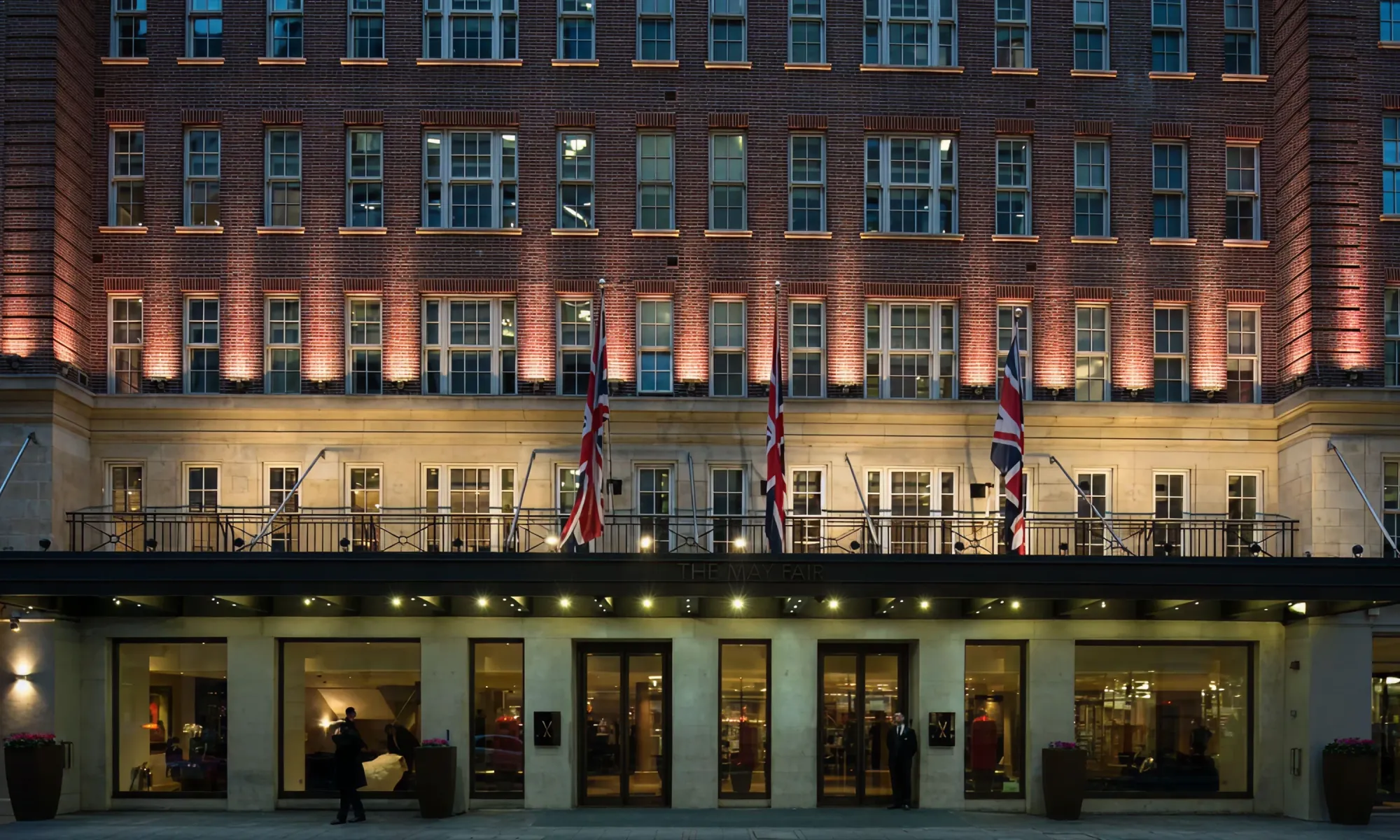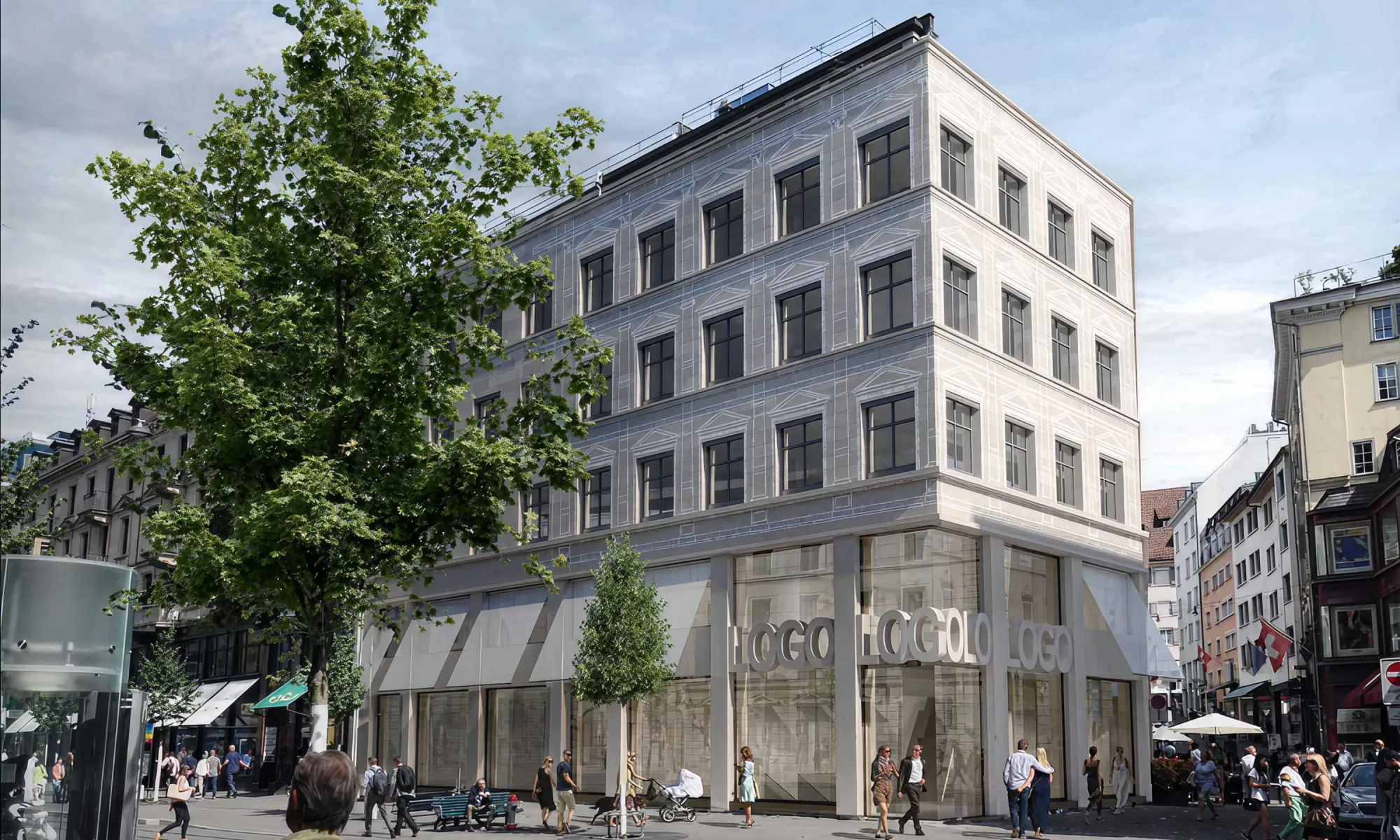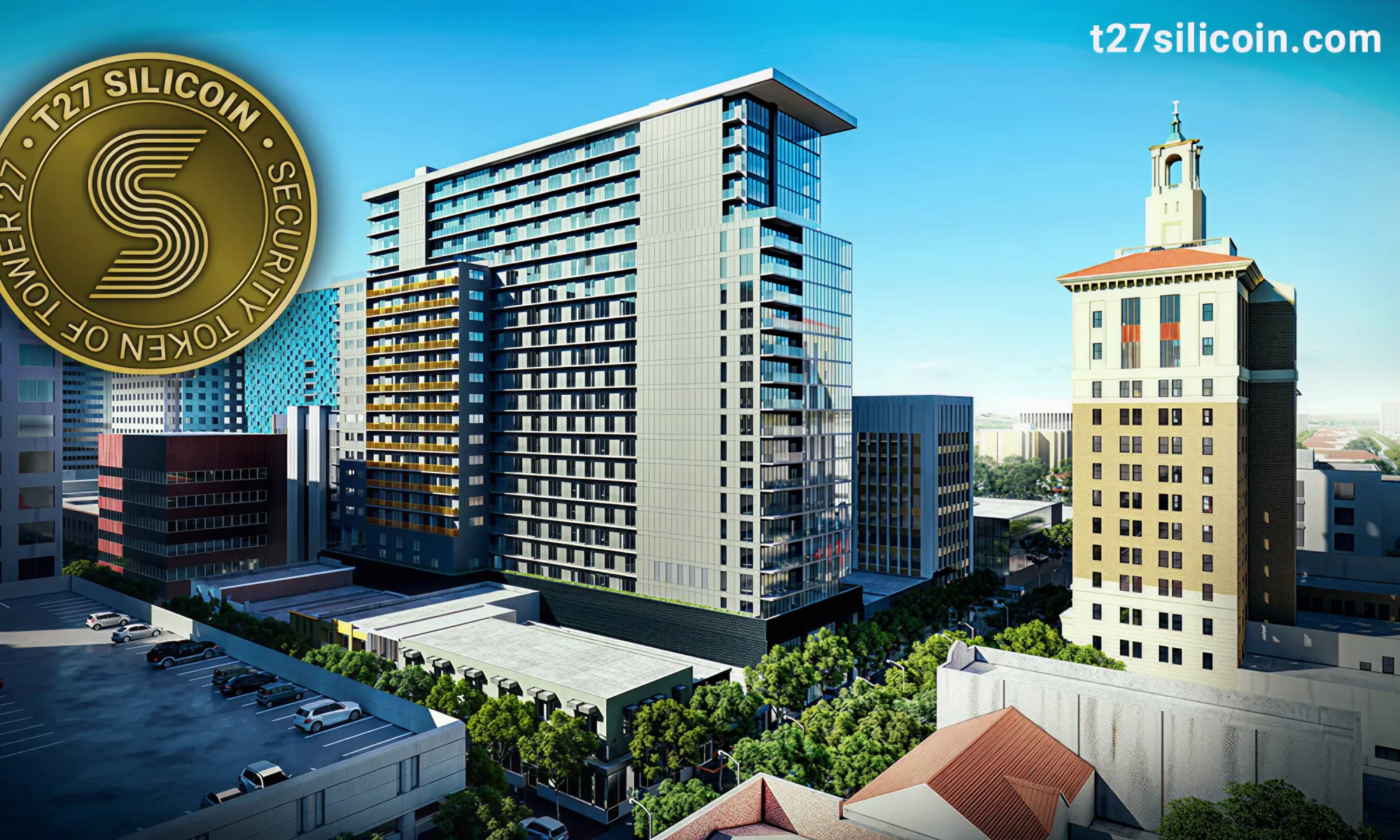Top 5 Real Estate Tokenization Deals Dominating the Market

Have you ever thought about owning a slice of a luxurious London hotel or a beachfront villa in Dubai? Not as a billionaire—but as an ordinary investor, directly from your phone? Real estate tokenization is turning this exciting possibility into reality. I'm genuinely fascinated by how blockchain is changing property investing, making it simple, quick, and open to anyone with internet access.
Today, I'd like to walk you through five of the biggest tokenized real estate deals ever made. These aren't just tech experiments—they're real properties around the globe, from luxury hotels to prime commercial spaces. Each deal highlights how tokenization is reshaping the traditional boundaries of property ownership. Let's dive in and explore these remarkable examples together, let's go!
Top 5 Real Estate Tokenization Deals
1. The Mayfair Hotel — London, UK

In 2019, a consortium of Gulf investors backed a landmark tokenization: a luxury Mayfair hotel was converted into digital equity tokens. The blockchain platform Liquefy partnered with private wealth groups to turn this £$600 million (US$) property into tradable securities. According to Liquefy, this was “digitization” of an award-winning hotel in affluent Mayfair. The deal let investors buy equity tokens that represent shares of hotel profits and appreciation, all recorded on an immutable blockchain.
- Tokenized Value: $600 million (hotel equity).
- Platform: Liquefy (via an offshore SPV backed by Gulf family offices).
- Assets: A historic 400+ room 5-star hotel overlooking Mayfair and Hyde Park.
- Notable: Largest single-asset real estate tokenization to date; part of a $1 billion pipeline of Gulf-led token projects.
2. BrickMark Building — Zurich, Switzerland

Swiss start-up BrickMark made history by using tokens to buy a premium commercial building on Zurich’s Bahnhofstrasse. In early 2020 it acquired the downtown property for 130 million CHF (about $140M), with part of the purchase paid in its own blockchain tokens. This was the largest real-estate transaction on blockchain at the time. The platform issued digital tokens tied to shares of the property company, allowing investors to hold real estate via a token.
- Tokenized Value: 130 million CHF ($140 million).
- Platform: BrickMark (crypto real estate company).
- Assets: Prime office/retail building on Zurich’s high-end Bahnhofstrasse.
- Notable: First major property partly paid in tokens; pioneering a new payment method for high-end real estate.
3. Tower 27 (T27 Silicoin) — San Jose, USA

Alterra Worldwide, a Dallas-based developer, launched a $100 million token offering for Tower 27, a proposed 24-story, 374-unit luxury apartment tower in downtown San Jose. The project issued 100 million “T27 Silicoin” security tokens on the Ethereum blockchain, each priced at $1. Token buyers effectively co-own the future high-rise: they gain fractional stakes in the stabilized property and share in its profits. This was a breakthrough in tokenizing a ground-up development, allowing Silicon Valley real estate to tap a global crypto investor base.
- Tokenized Value: $100 million (via token sale).
- Platform: Alterra Worldwide (specializing in crypto property projects).
- Assets: Class-A apartment tower (future project in Silicon Valley).
- Notable: Issued 100M tokens at $1 each; one of the first major new-construction developments sold via blockchain.
4. The Palm Jumeirah Villas — Dubai, UAE

Dubai has aggressively embraced tokenization in real estate. Local regulators unveiled a blockchain framework to divide landmark properties into tradable shares. One high-profile example is the Palm Jumeirah villas on Dubai’s famous man-made island. Under a pilot scheme, ultra-luxury villas (totaling tens of millions in value) could be split into thousands of digital tokens. Investors anywhere can buy fractional stakes – for example, smart contracts would let someone purchase 100 tokens of a Palm villa and automatically record their ownership on-chain. This initiative is meant to boost liquidity and attract global capital to Dubai’s high-end market.
- Tokenized Value: (Estimated ~US$50 million total for select villas; exact figure varies).
- Platform: Licensed UAE blockchain program (with local asset managers).
- Assets: Ultra-luxury beachfront villas on the Palm Jumeirah.
- Notable: Part of Dubai Land Department’s 2025 tokenization strategy; tokens represent legal shares in property, recorded on a government-verified blockchain.
5. St. Regis Aspen Resort — Aspen, USA

We have already mentioned this object in our article. In 2018, Elevated Returns led a pioneering $18 million token sale for the St. Regis Aspen Resort in Colorado. Through a Reg D-compliant offering on Indiegogo (with tokens trading on the SEC-regulated Templum Markets platform), nearly one-fifth of this luxury ski resort was sold as digital equity. Investors purchased Aspen Digital tokens that represent ownership in the resort’s REIT. This made Aspen one of the first major U.S. properties tokenized; holders earn a share of the hotel’s income and an eventual return on their fractional stake.
- Tokenized Value: $18 million (≈20% stake sold).
- Platform: Elevated Returns (REIT sponsor) via Indiegogo/Templum.
- Assets: St. Regis Aspen (179‑room luxury ski resort with ski-in/ski-out access).
- Notable: First high-end U.S. resort sold through a security-token offering; tokens carry REIT shares in the property.
These landmark projects show how blockchain is transforming property deals. By slicing hotels, towers, and villas into tokens, these transactions let small investors “own” slices of big assets. As we’ve covered in our blog, this model could ultimately bring trillions in illiquid real estate onto liquid markets. The five examples above illustrate how tokenization is moving billions of dollars today – making real estate investment faster, more borderless, and far more accessible than ever before.
As someone who's closely following this industry, I truly believe real estate tokenization isn't just a passing trend. It's making property investment easier, faster, and much more accessible for everyday people. Deals like these demonstrate how quickly tokenization can move from concept to reality, opening up remarkable opportunities that once seemed out of reach.
If you're interested in seeing how tokenization could reshape the global property market even further, I encourage you to follow our blog—where we continue to explore groundbreaking developments from around the world.

